The Travis County Housing Finance Corporation is pleased to offer the Hill Country Home Down Payment Assistance Program! The program is designed to help homebuyers obtain FHA, VA, USDA-RD or Freddie Mac HFA Advantage loan financing to purchase a home anywhere in Travis County, including the City of Austin. A lack of funds for the down payment is often a significant obstacle to homeownership. The assistance is in the form of a 0% interest, 10-year forgivable second mortgage loan.
In each case, a program fee may be charged by the participating lender, so net down payment assistance can vary depending on qualification of the borrower and the loan type chosen. For more information on this, please contact a participating lender. Financing is available for new or existing homes, and can include single-family homes, condominiums, or townhomes. Manufactured homes are not permitted to participate in the program at this time. Unlike many other DPA programs, the Hill Country Home DPA Program is not restricted to first-time homebuyers, though buyers must occupy the home as their principal residence. The Program offers interest rates on the First Mortgage Loan that are competitive with current market rates.
The interest rates for the program can vary daily based on market conditions – ask your lender for the current rates. Conventional mortgage borrowers can also benefit from assistance programs. Since PMI is required with each mortgage payment until a homeowner reaches 20% equity in the dwelling, it potentially can add to housing expenses for years. The Down Payment Assistance Program provides assistance to qualified first time homebuyers for down payment and closing costs associated with purchasing a home. The amount of assistance provided will be determined based on your household income. A household can qualify as very low income, low income, and moderate.
Please refer to the income chart in the Learn More section of this web page to access the income limits. The amount of assistance available is from $15,000 to $35,000. All applicants must complete a pre-purchase homebuyer's education program, and secure a first mortgage. The property to be purchased must be located in Orange County, outside the city limits of Orlando.
For additional information, please refer to the Down Payment Assistance flyer and applicants are also encouraged to use the contact information below. Rocky Mountain Mortgage Company is proud to provide down payment assistance programs to make the home buying process as easy as possible. These programs are designed to provide a set amount of money to qualified potential home buyers to help cover the expense of a down payment or closing costs.
Rocky Mountain Mortgage Company is here to ensure that you receive the financial assistance you need for your future home. Some mortgage lenders offer their own down payment assistance. For example, Chase offers up to $3,000 that can go towards closing costs and down payment needs. While this program isn't just for first-time homebuyers, it does have other stipulations.
You'll need to get a 30-year fixed-rate home loan and you're required to make the home your primary residence. You'll also need to attend a homebuyer education course to receive the full amount. Down payment assistance can include loans, grants, tax credits1 and other programs designed to help eligible home buyers cover down payment or even closing costs. These programs are offered by federal, state, county or local government agencies, nonprofits or employers. Bank, helps consumers with limited resources become homeowners, especially low-to-moderate income borrowers and in LMI neighborhoods.
This assistance often comes from state housing agencies and his designed to reduce the size of mortgage payments. They often reduce the interest rate of a home loan to a level the buyer can afford. The help can also reduce closing costs, fees and mortgage insurance. To find out whether your state operates such programs, contact your state's housing finance agency. These funds can be used toward the down payment and closing costs. The New Mexico Mortgage Finance Authority, which helps low- and moderate-income New Mexicans get financing for affordable housing, offers two down payment assistance programs.
The FirstDown and NextHome programs are second mortgage loans that can be used toward the down payment and closing costs. IHDA Deferred Mortgage offers 5% of the purchase price up to $7,500 in assistance for down payment and closing costs offered as an interest-free loan, deferred for the life of your mortgage. This means you don't need to repay until you sell your house, refinance or pay off your mortgage. As part of the course, which you may be required to take to qualify for assistance, you'll learn about down payment assistance options. You can find homebuyer education programs by checking HUD's index of state and local housing programs.
If you can't get pre-approved for a mortgage, you probably can't take advantage of a down payment assistance program. You're going to need a steady job, a good income and better-than-average credit score to qualify for a mortgage. But if the only thing holding you back from buying a home is the down payment, you may be able to overcome that with a down payment assistance loan. It's possible to qualify for a mortgage from conventional lenders with a down payment as low as 3% of a home's final purchase price.
For many borrowers, particularly first-time buyers, the down payment and cash for closing costs is the greatest obstacle to buying a home. If you are having trouble coming up with the money for your down payment, you may have many options available. There are many local programs that provide down payment grants, as well as down payment assistance loans to give you a forgivable, second loan that may even cover your closing costs. Every state has a housing finance agency that oversees affordable housing, financial assistance, and local community development programs in the state. Head to your state's HFA website if you want broader information about housing programs, or do a Google search for a "down payment assistance program" in your state. Our downpayment assistance is only for homebuyers who use our home loan programs, either Home Advantage or Opportunity.
If your household income is under the program limits (up to $160,000), your credit score is at least 620, and you're otherwise qualified for a home loan, you are probably eligible. As an example, homebuyers in Illinois have access to several different programs through the Illinois Housing Development Authority. Currently, some of its programs offer up to $7,500 in down payment or closing cost assistance as a forgivable or deferred loan. For a $200, year mortgage with a 3% interest rate, that would save you nearly $4,000 in interest and reduce your monthly payment by around $30.
With this product, the borrower is able to lock the FHA first mortgage at market-comparable rate. The Rate Advantage product offers both 3.5% down payment assistance and 5% down payment assistance options. The Louisiana Housing Corporation has a down payment assistance program for eligible Louisiana homebuyers who get a mortgage through its Market Rate Conventional Program.
You don't have to be a first-time buyer to qualify; however, you must not exceed the area income limits. For qualified borrowers, you'll receive up to 4% in down payment assistance. Most down payment assistance programs are geared to first-time home buyers. There are lots of great reasons to consider a HomePath Home for your first home purchase, including low down payments and the HomeStyle renovation loan eligibility. This means that if you purchase a HomePath home for $200,000, you will get a credit for up to $6,000 in closing costs. Many counties qualify for a USDA rural mortgage, which does not require any down payment at all.
This is one of the best loan programs in the country, as the minimum credit score is just 640, and you will not need to pay private mortgage insurance . The guarantee fee may be financed and the monthly amount goes to the Rural Development division of USDA, since this is a government backed loan program. National Homebuyers Fund is a nonprofit organization that offers closing cost and/or down payment assistance to both first-time homebuyers and repeat buyers nationwide. You may be able to receive up to 5% of the mortgage loan amount as a grant or forgivable loan. Down payment assistance programs provide homebuyers with cash to cover some of the major costs of buying a home.
Depending on the program, you might receive a non-repayable grant or a no-interest loan to pay for some or all of the down payment and closing costs. Our program is designed to educate, counsel, advocate, and assist home buyers with the home buying process. We do this by providing home buyer education that covers the benefits of homeownership, credit, lending practices, home inspections, and more. Our counselors assist with credit building, budgeting, and savings plans.
Our lending department is there to facilitate down payment and closing cost assistance and be an advocate for our clients throughout the home buying process. 1) Buyers eligible to receive assistance through the EBP are individuals and households earning no more than 80 percent of the area median income, based on their future address. Interest would not accrue on the grant and the grant is forgivable after five years from the date of the loan closing on your primary residence. May not be combined with any other type of down payment programs. The majority of down payment assistance programs set household income limits. These programs are designed to help low- and moderate-income earners.
The income limit depends on the program, the median income where you live, and the size of your family. Home purchase assistance programs frequently require the borrower to take first-time homebuyer education classes to qualify. Whether or not it's required by the program, Lindner recommends it anyway. These classes are an excellent way to educate yourself on the obligations of homeownership outside of just the mortgage and property taxes, he says. Taking advantage of a down payment assistance program can keep your savings accounts intact or increase your down payment. And many of these programs offer assistance with closing costs, which reduce your out-of-pocket expenses even further.
CHFA recognizes that saving enough money to pay the down payment is the main barrier to homeownership for many first-time homebuyers. The West Virginia Housing Development Fund offers down payment and closing cost assistance loans in conjunction with the Homeownership and Movin' Up first mortgage programs. These programs are designed to help both first-time and repeat homebuyers access homeownership.
The Mississippi Home Corporation , the state's housing finance agency, offers two main down payment assistance programs for homebuyers. Both programs include the mortgage and the down payment, so it's like a one-stop shop for buyers who need assistance. Designed to serve low- and moderate-income homebuyers, HHOC Mortgage is a nonprofit affiliate of the Hawaii HomeOwnership Center. Its Down Payment and Closing Cost program offers down payment assistance to eligible homebuyers across the state via a 15-year deferred loan. The mortgage interest is tax-deductible and there are low monthly payments.
Borrowers can use the funds toward their down payment, closing costs or both. Income limits are the maximum amount of income a household can receive to be eligible for assistance. Income limits vary depending on the program you're considering, where you live and how large your family is. Certain programs may also have debt-to-income ratio requirements.
Additionally, some down payment assistance programs target specific groups of people, such as teachers, veterans and police officers. A large number of grants and loans are available to help cover down payments and closing costs for first-time homebuyers across the country. Learn more about them as you take your first steps in the exciting journey to homeownership. The requirements for each program vary, but are typically based on your income, the price of the home and your history as a homeowner. Assistance is available only for a home you plan to occupy and isn't available for vacation homes or investment properties.
Many down payment assistance programs are for first-time home buyers, but don't count yourself out if you've previously owned a home. If you have not owned a home in the last three years, you may be considered a first-time home buyer. Chenoa Fund is a national down payment assistance program administered by CBC Mortgage Agency, a federally chartered government entity. Through the program's several options, you may receive 3% to 5% of the mortgage loan amount either as a forgivable loan or a no-interest repayable loan. The assistance comes in the form of a second mortgage,but carries no interest and no payments.
The down payment assistance funds must be repaid in full if the borrower chooses to refinance or sell within the forgiveness period. After the forgiveness period, the down payment assistance is forgiven with IHCDA and turns into equity in your home. 2) Buyers eligible to receive assistance through the HOW are individuals and households earning more than 80 percent and up to 120 percent of the area median income address of their new home.
These are often second or third mortgages or grants that provide no-interest loans, deferred payments and forgivable loans. Assistance varies, and in many cases the money can be used to cover closing costs, principal reductions and even home repairs. The amount of money available is often keyed to the cost of housing and income levels in the markets where they are available. Once you know what homebuying assistance is available in your area, you'll need to make sure you qualify. Most down payment and closing cost assistance programs target first-home buyers, but if you've owned a home before, you may still be eligible.
The Vermont Housing Finance Agency offers a few down payment assistance programs for eligible borrowers, including the Move program, Move MCC, VHFA Advantage and the ASSIST program. These programs must be used in conjunction with a VHFA mortgage and most offer up to $825 savings on Vermont Property Transfer Tax at closing. Down Payment Assistance program gives eligible homebuyers the choice between a forgivable loan of 2.5% or 5% of the home's purchase price. The funds can be applied towards down payments, closing costs or other pre-closing expenses. First-time homebuyers are anyone who hasn't owned a home in the past three years and doesn't have another primary residence within the 60 days of closing.
The funds can be used toward the down payment or closing cost. The DPA is an interest-free, five-year forgivable second loan with no monthly payments. Especially for first-time homebuyers, it can be hard to save up enough money for a substantial down payment.
Down payment assistance programs help fill that gap by covering all or part of the cost. When looking for programs to apply for, research their requirements, understand whether it's a grant or loan, and get specifics on how much assistance you can receive. No matter what, with the right knowledge and resources, buying a home can be within your reach.
The assistance funds come in the form of a zero-interest second mortgage with a 30-year term. This second mortgage will be forgiven if the borrower makes 36 consecutive, on-time payments on the first mortgage. FHA, VA and conventional loans require the manufactured home be secured to a base. If the manufactured home is not secured to a base, you will need to apply for what's called a chattel loan. Research your local down payment assistance programs and see what their specific requirements are. From there, contact your lender to see if they work with these programs.
Rocket Mortgage® does not offer financing on manufactured homes. Contact your local HUD office to learn more about the down payment and closing cost assistance available where you live. There are specific qualifications that entitle a person to use a home buying assistance program responsibly. One factor of the home buyer criteria includes income and financial requirements. You must earn a specific income and have a specific credit score in order to qualify.

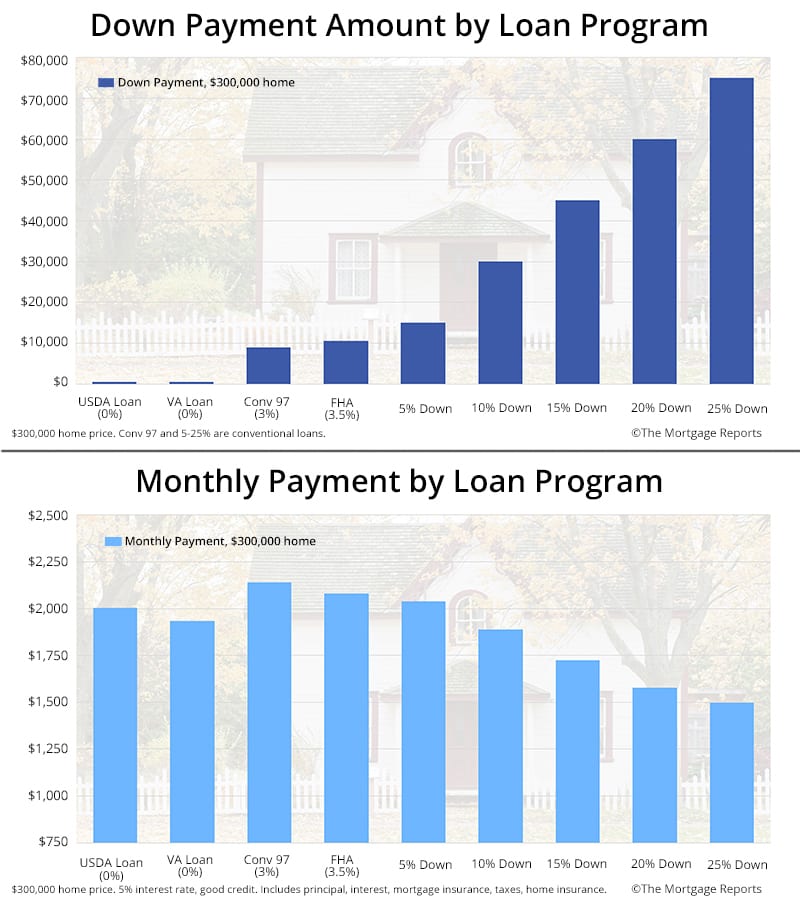

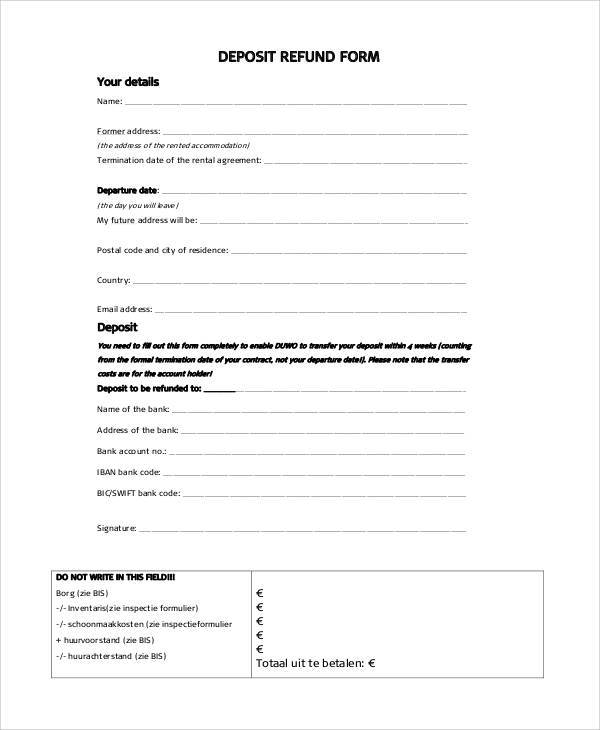





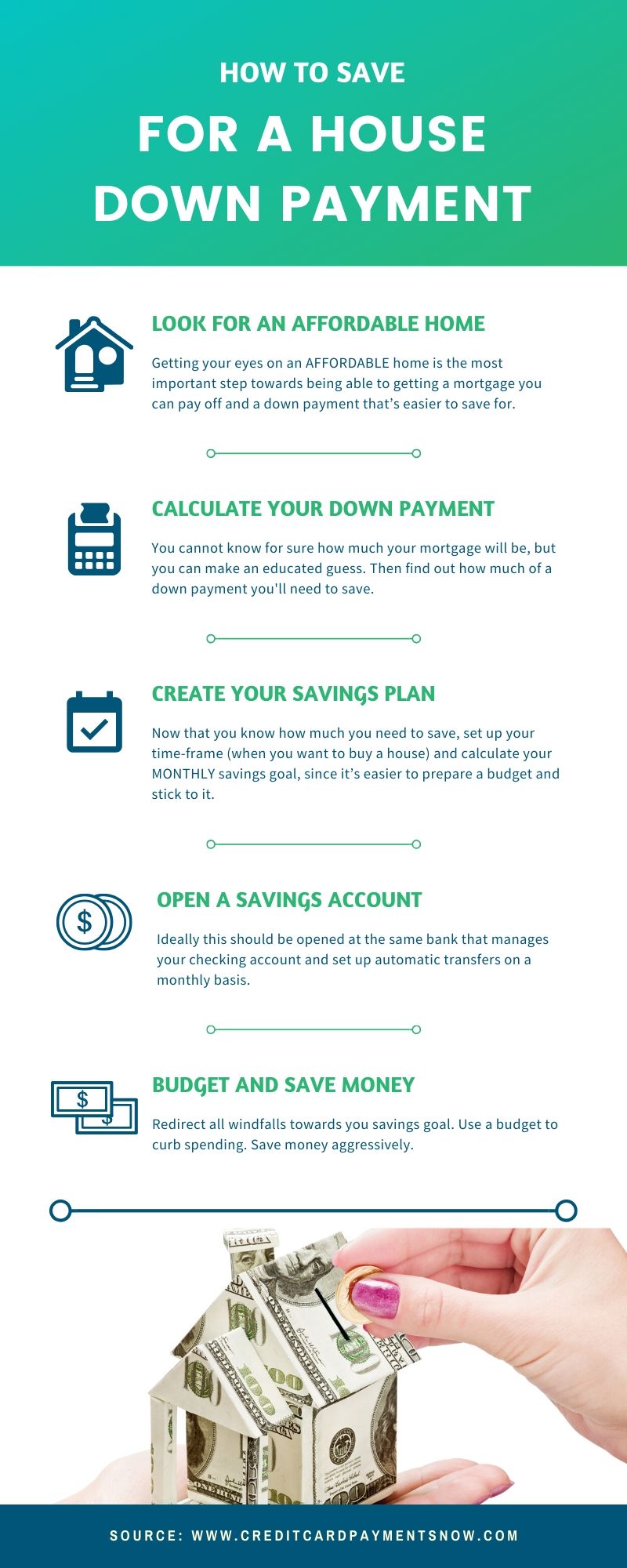
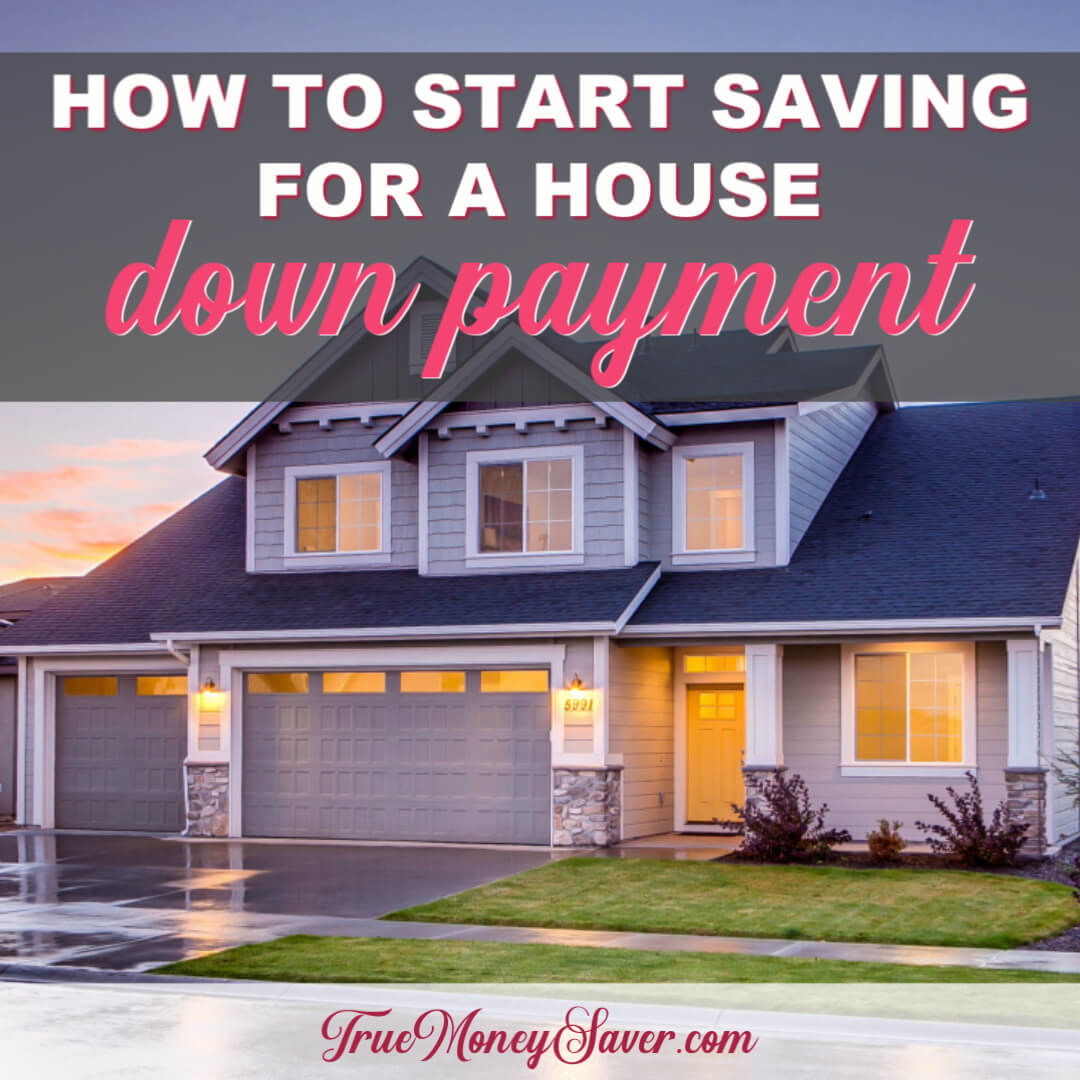




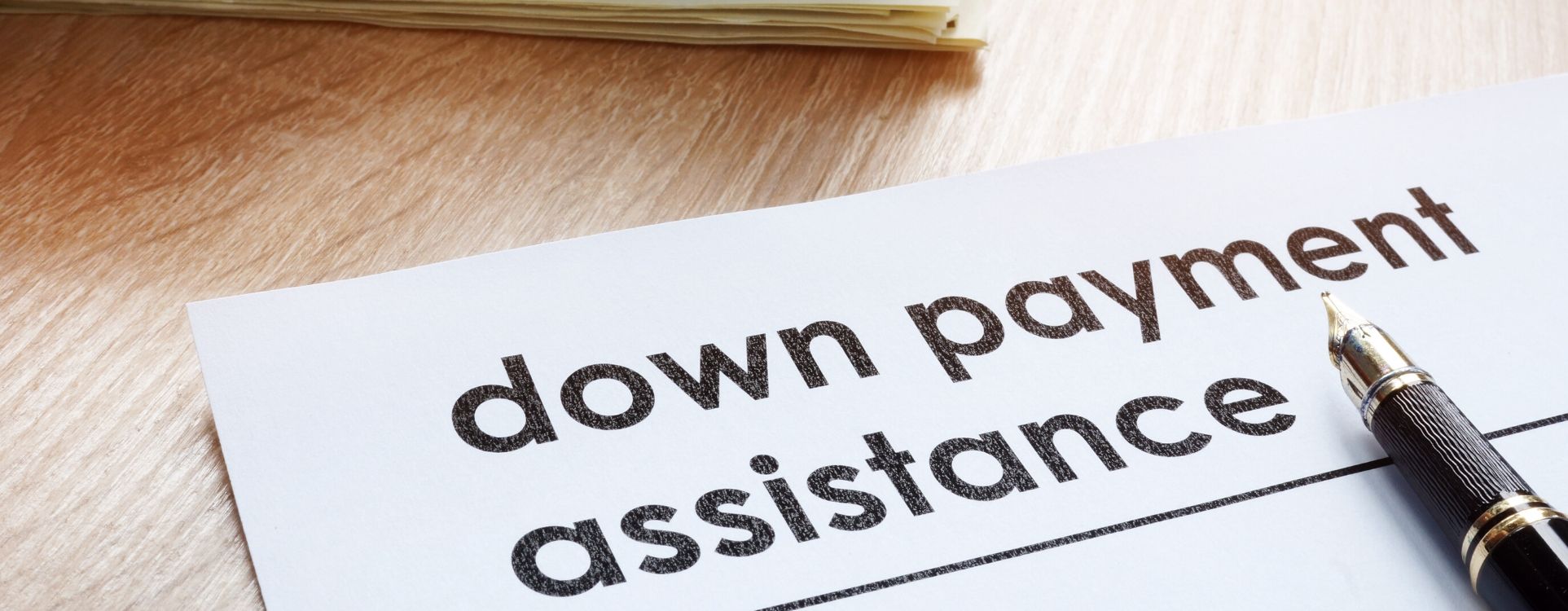









No comments:
Post a Comment
Note: Only a member of this blog may post a comment.